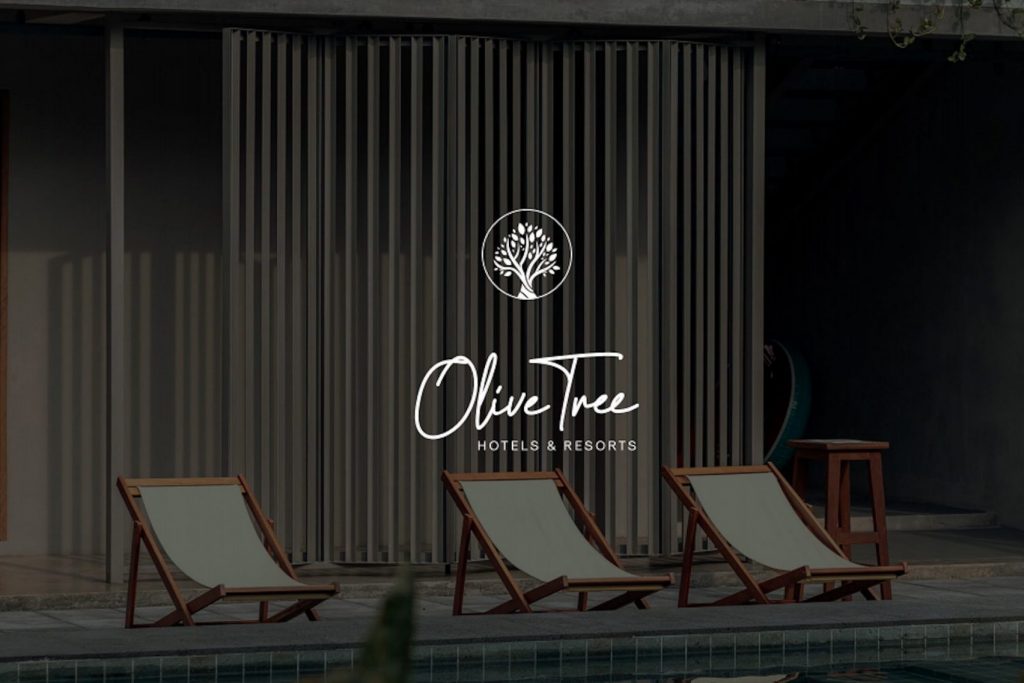Skift Take
Another day, another pandemic-born hotel investment group. But Olive Tree Hotels & Resorts is after a type of hotel product not many investors crave, which could provide more of an open playing field.
Ken Hamlet, the former CEO of Holiday Inn, wants to use a more than $500 million war chest to buy limited-service hotels — those that lack amenities like a restaurant or spa — and reposition them into properties with a more posh customer experience.
Think of it as bringing some degree of the Four Seasons to roadside hotels, Hamlet said.
He had the top job at Holiday Inn for nine years in the ’80s and early ’90s, while the pre-IHG-owned company launched or acquired brands like Embassy Suites, Crowne Plaza, Hampton Inn, and Harrah’s. While he initially considered launching his own fund, Hamlet instead joined Olive Tree Hotels & Resorts, a hotel investment firm where he now serves as CEO, on pursuing deals. He has one under contract so far.
“I started to think about maybe this is a really good time to take advantage of going back into the hotel business and buying distressed assets or buying assets that were well-located, well-branded, reasonably well-managed and that were becoming distressed and just need additional capital to bring them up to 2021 standards,” he said told Skift this week.
The only problem is there are a litany of hotel investors licking their chops over hotel investment opportunities that haven’t really materialized during the pandemic.
Investment groups like CGI Merchant Group, in partnership with New York Yankees baseball legend Alex Rodriguez, and Bainbridge DXS are still scouring the market with hundreds of millions of dollars for hotel acquisitions in coming years. Investment group Dreamscape Cos., owner of the Rio All-Suite Hotel & Casino in Las Vegas, has more than $1 billion to buy hotels, including struggling business-transient and convention-focused hotels.
Olive Tree’s capital stands out by focusing on limited-service hotels in a mix of the 75 largest U.S. markets as well as some secondary and tertiary ones like Las Cruces, New Mexico. The firm will pursue a deal as long as there is a nearby demand generator like a hospital, university, or office park. Most investors are after struggling hotels in urban markets or resorts in drive-to and leisure destinations.
Olive Tree plans to add more technology features to guest rooms, automated check-ins, and co-working-inspired workspaces in public areas. But along with the tech, Hamlet wants better customer service like staffers providing personal touches to the guest experience like a bottle of wine or glass of champagne sent to a room or hors d’oeuvres and chocolate bars in the lobby.
The move is very reminiscent of how Holiday Inn emerged as a brand. The company’s founder, Kemmons Wilson, created the company of roadside motels in the early 1950s after being unsatisfied with the options available on a road trip between Memphis, Tenn., and Washington, D.C.
There was no consistency or quality in the lodging experience, and he set out to change that. Olive Tree looks to mirror that experience with current limited-service hotels that aren’t performing well.
“We are going to dominate our business by providing superior customer service, which none of the limited-service hotel brands are doing a good job of because they’re all owned by real estate developers who are looking at real estate versus looking at it as a service business that happens to own real estate,” he added. “That’s what we’re going to be focused on, which will set us apart and, over time, give us tremendous occupancy advantage against the competitors.”
Olive Tree plans to brand many of its acquisitions with major companies like Marriott, Hilton, Hyatt, and IHG. But the company isn’t opposed to keeping properties independent or even launching its own brand.
It isn’t as clear when some of those acquisition targets will emerge. Olive Tree currently has one hotel under contract and second “in the wings.”
Not as many troubled hotel assets traded in the last year thanks to a combination of bank forbearance on mortgages and multiple rounds of federal stimulus through offerings like the Paycheck Protection Program of forgiveable small business loans. The Olive Tree team doesn’t think they’ll have to wait much longer.
“The franchise system has been living on PPP and stimulus money for the last nine to 12 months. That’s running out,” Hamlet said. “I am guessing that, in the next six to nine months, you’ll see a plethora of product coming to market.”
[CORRECTION]: A previous headline on this story incorrectly stated the $500 million was part of a fund, based on talks of Hamlet’s initial approach to investing in troubled assets. That turned out not to be true. Olive Tree later corrected that it was capital, not a fund.
Have a confidential tip for Skift? Get in touch
Tags: coronavirus, coronavirus recovery, holiday inn, hotel investments
Photo credit: Olive Tree Hotels & Resorts is targeting hotels that lack amenities with its $500 million fund and plans to elevate the guest experience. Olive Tree Hotels & Resorts

